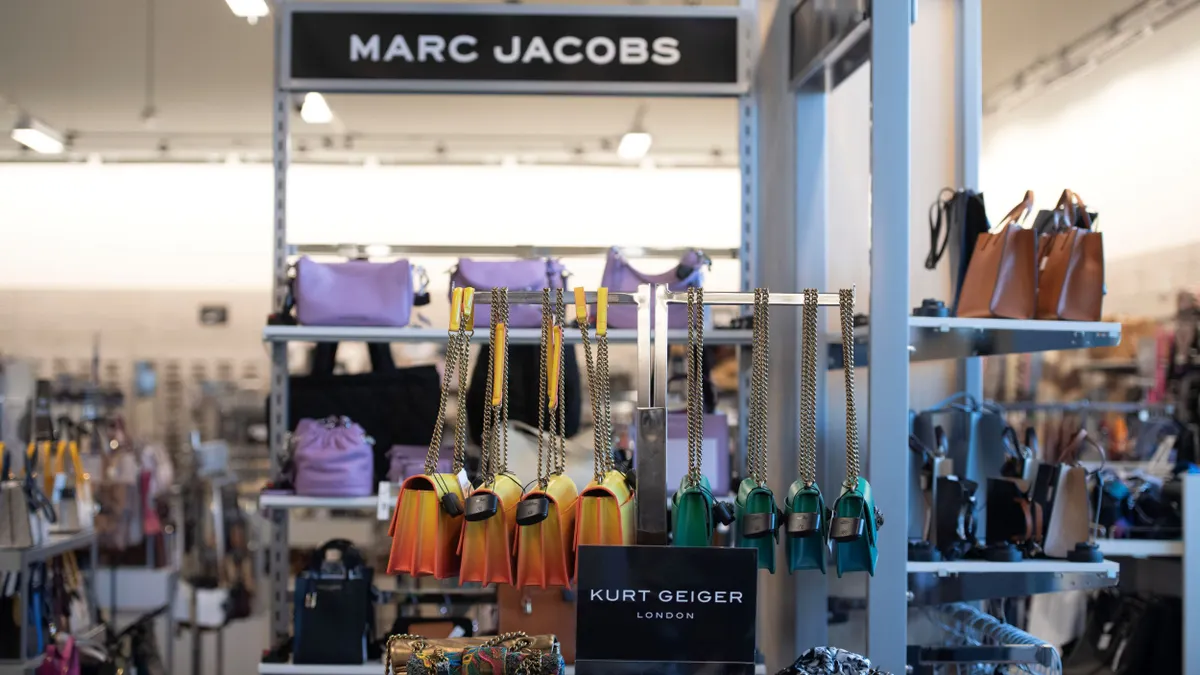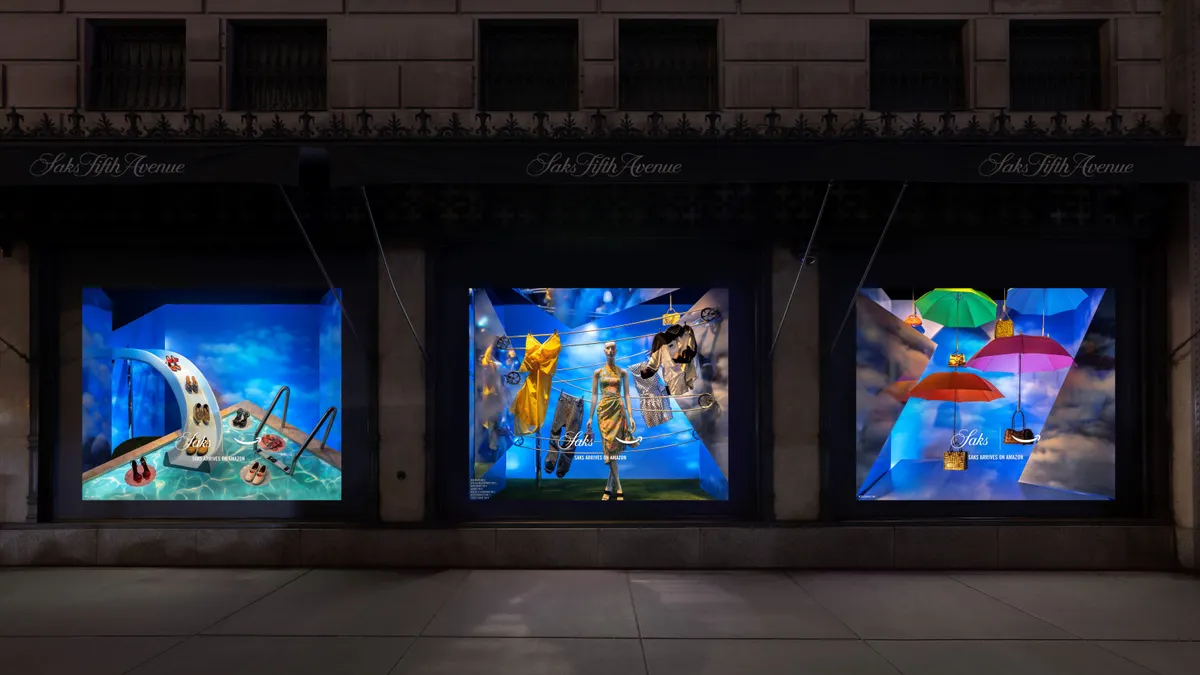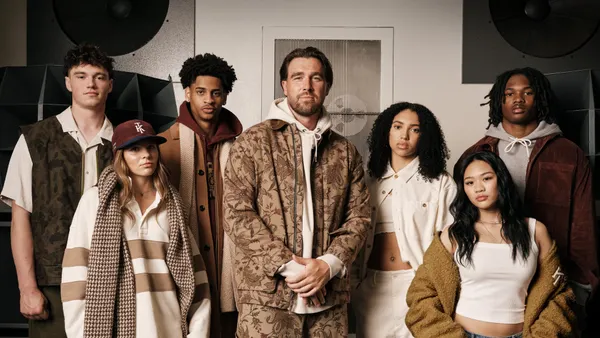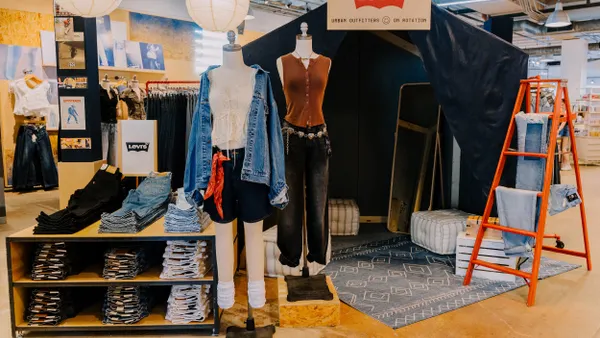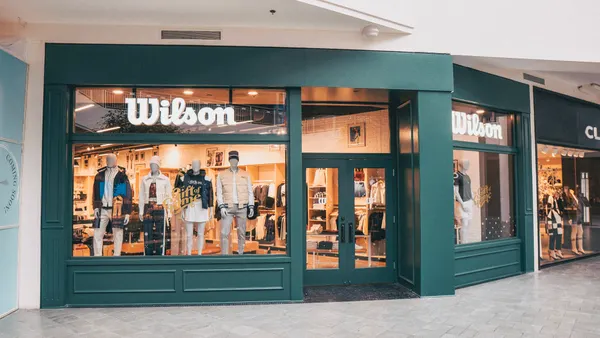Dive Brief:
- Fashion was one of the fastest growing categories in the global licensing industry in 2024, according to the Licensing International 2025 Global Licensing Industry Study released earlier this month.
- Fashion licensing grew 8.1% in 2024, outpacing the total global licensing industry, which grew by 3.7%, according to the study.
- A lack of new intellectual property in the entertainment industry “definitely led to a growth in royalties generated by non-Entertainment IPs,” an Italy-based licensing agent told Licensing International.
Dive Insight:
Many TV show and movie releases were delayed until 2025 due to the 2023 writers’ and actors’ strikes, according to the study. This created a lack of new IP in the entertainment industry in 2024, leading to a “shift in the structural mix of licensed properties and product categories,” according to Licensing International.
Fashion was one of the biggest winners, increasing its market share to 9.3% of licensed retail sales, a 0.4 percentage point increase, according to the study. This was due, in part, to growth among other product categories that traditionally license fashion brands, including home decor, housewares, beauty aides, fashion accessories, sportswear and footwear.
In addition, consumers have become increasingly cost-conscious as prices have risen, leading to growth among discount retailers. Nordstrom, for example, saw its sales fall 3% in 2024, while Nordstrom Rack saw its sales increase nearly 15%, according to Licensing International.
Price-sensitive consumers also are increasingly interested in private label products, as well as trade-in, buyback and upcycling programs, according to the study. More than 70% of consumers worldwide planned to buy used goods in 2024, Licensing International said, citing eBay’s 2024 Recommerce Report released in May.
“The stigma that some may have attached to buying used clothing items has effectively been replaced by the Gen Z and Millennial focus on deal-hunting, value, and sustainability,” according to the study.
At the same time, consumer interest in sustainability has led to the growth of quiet luxury, or what the report called an investment in minimalist fashion, according to the study.


